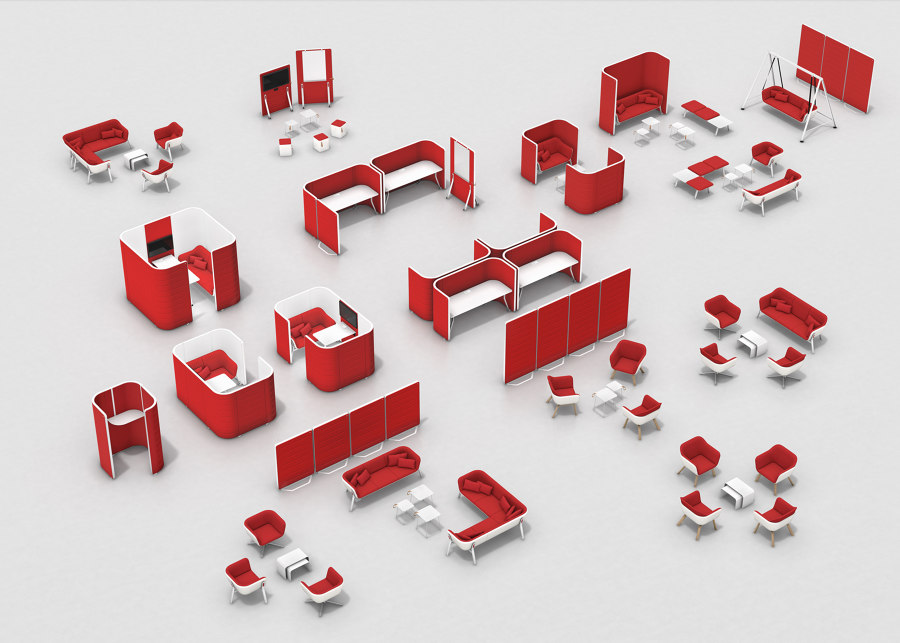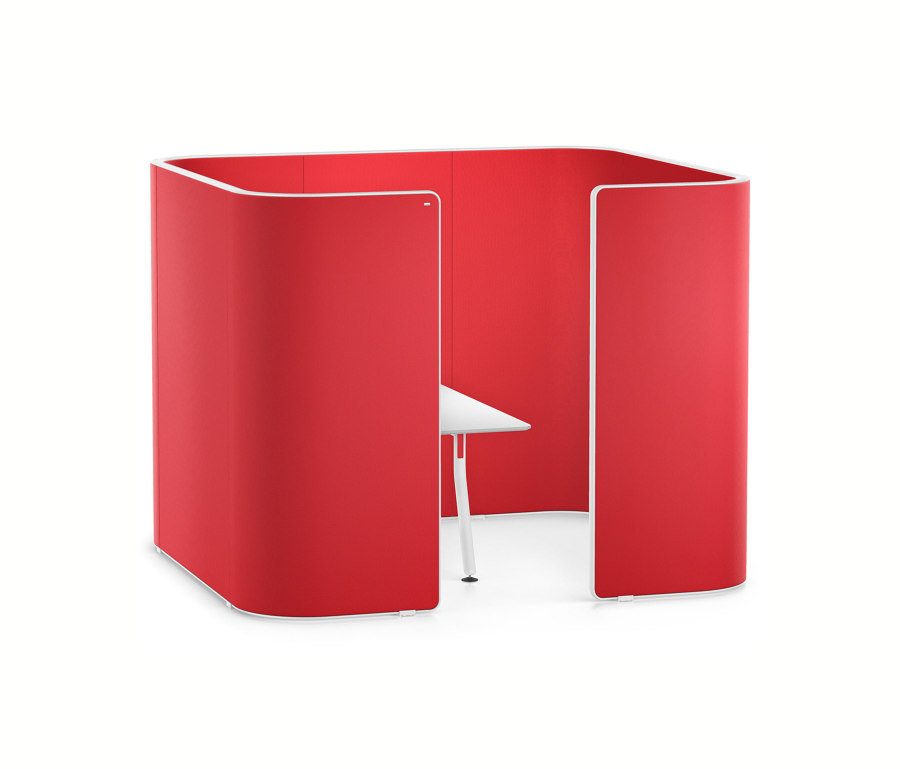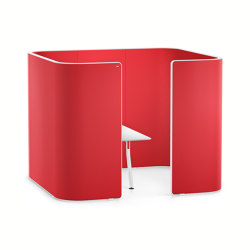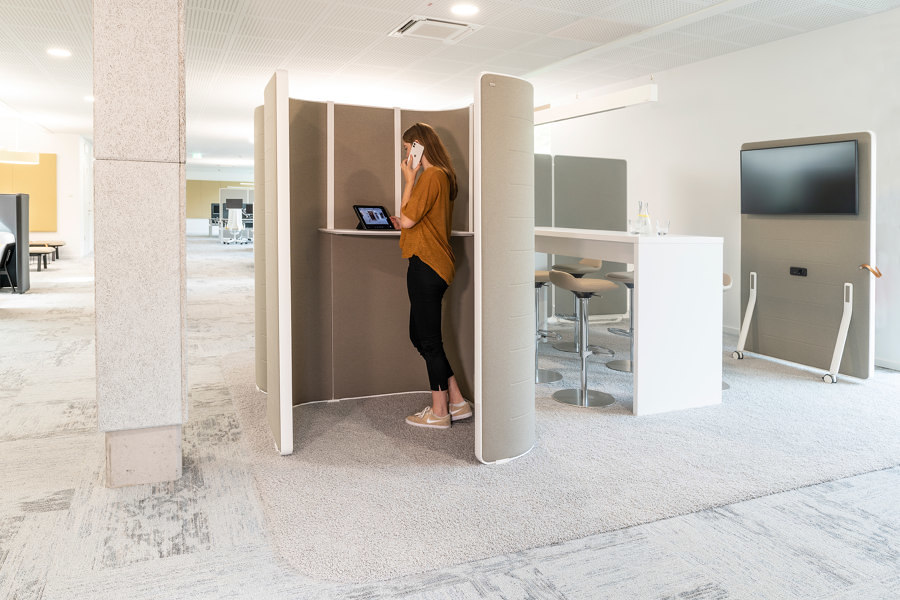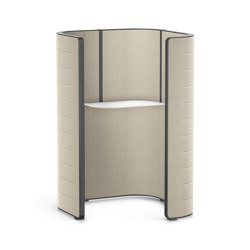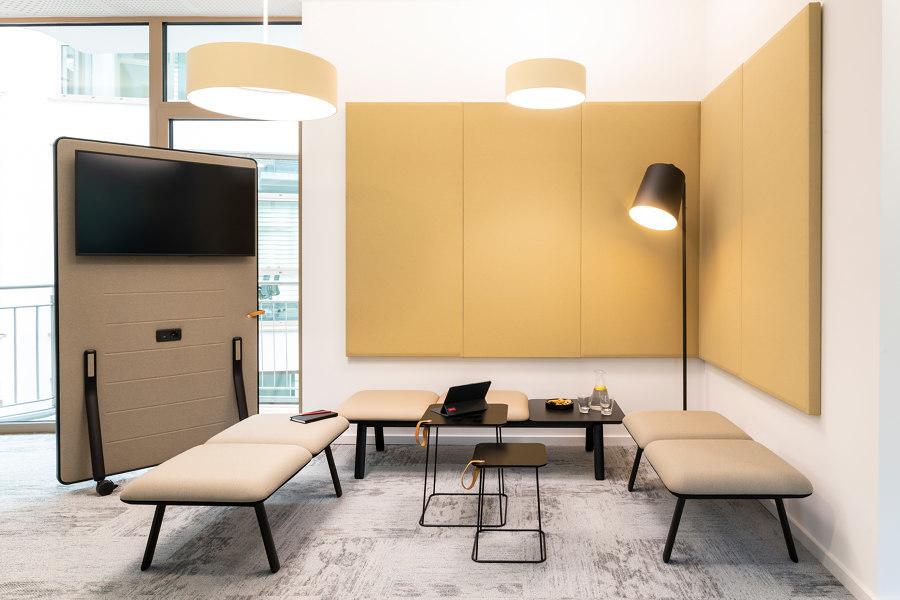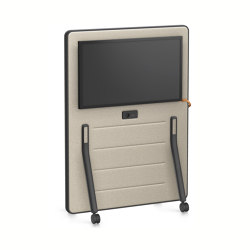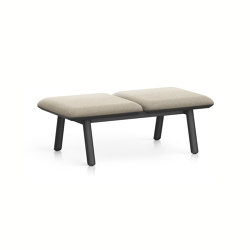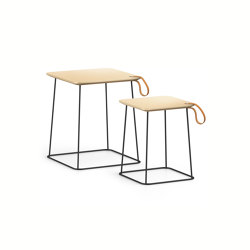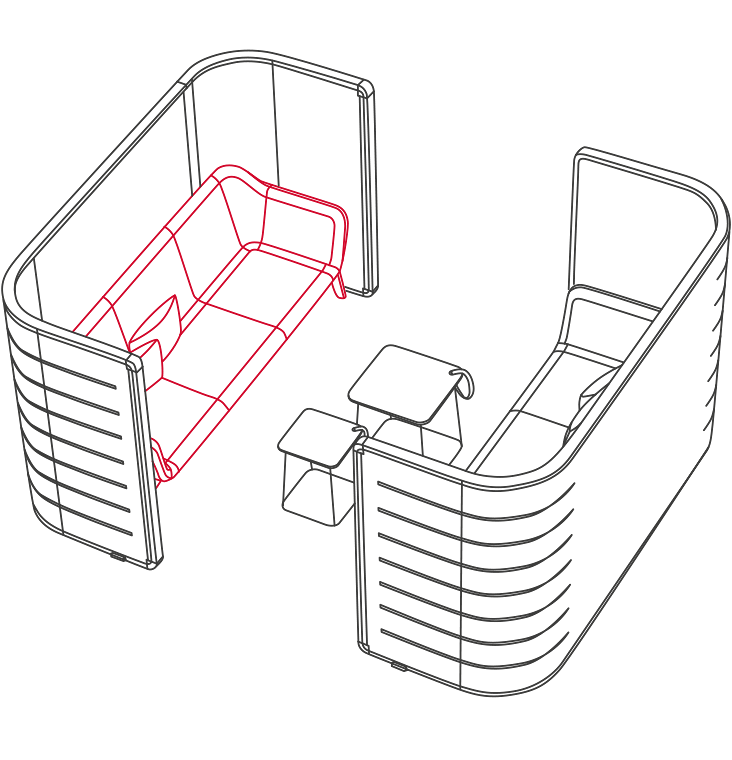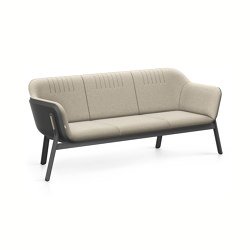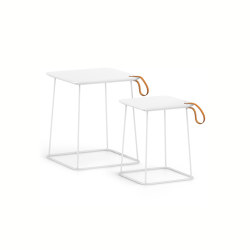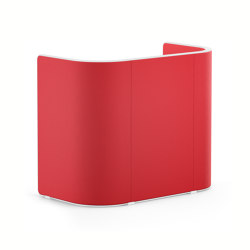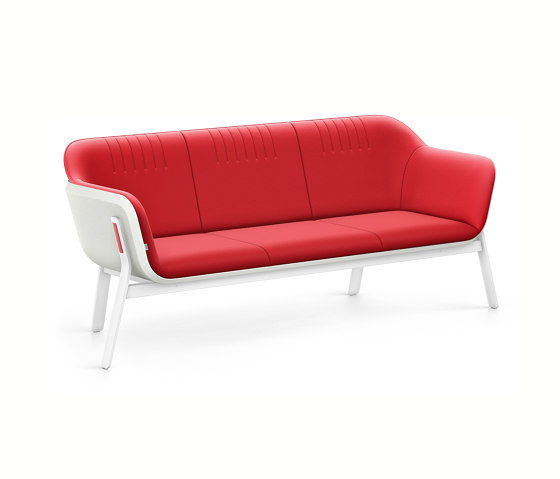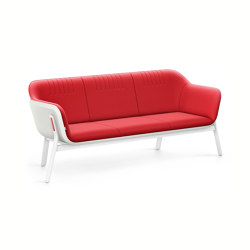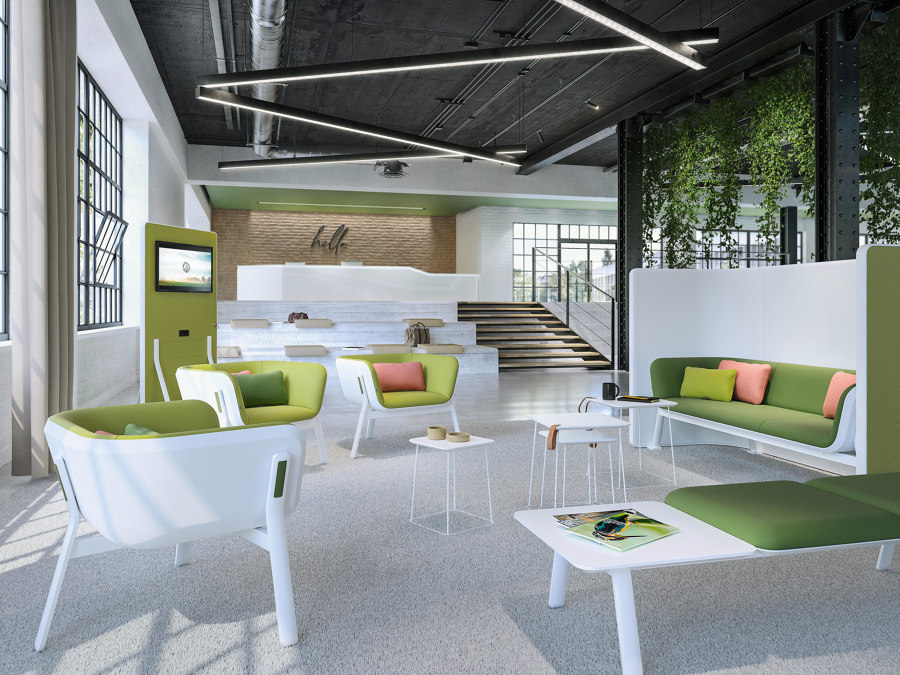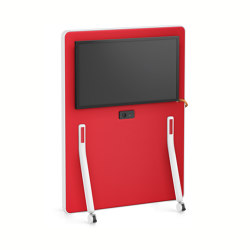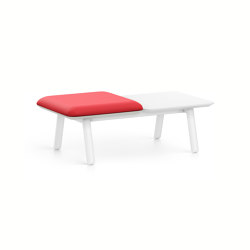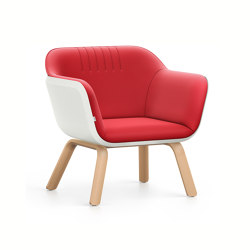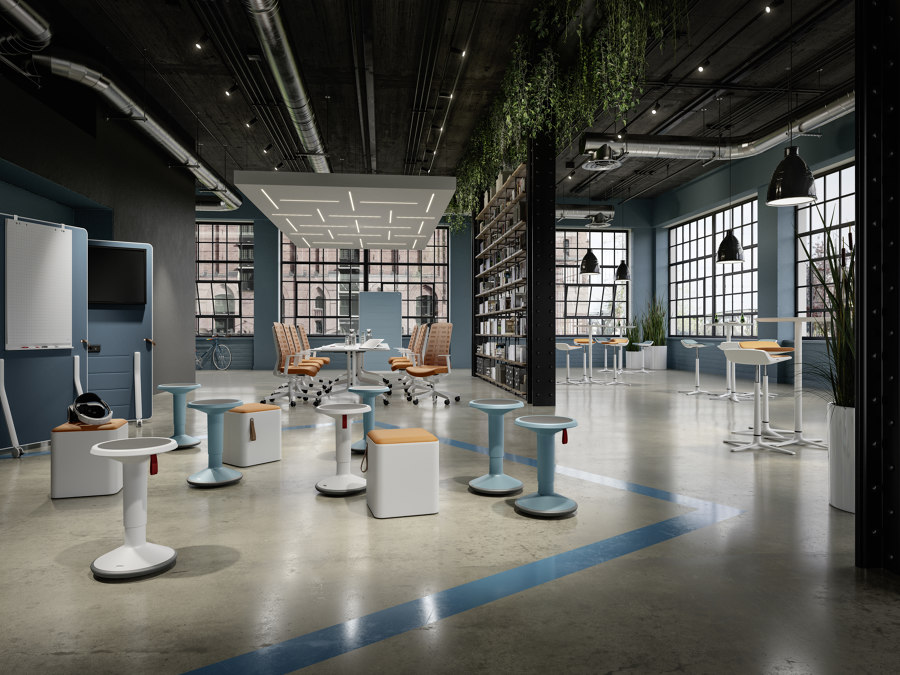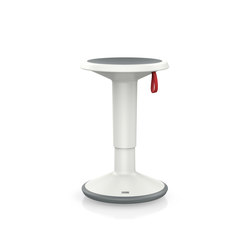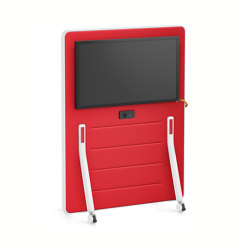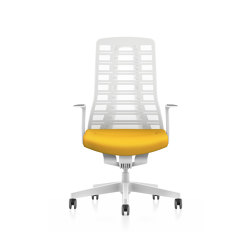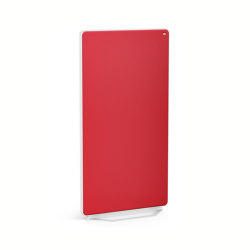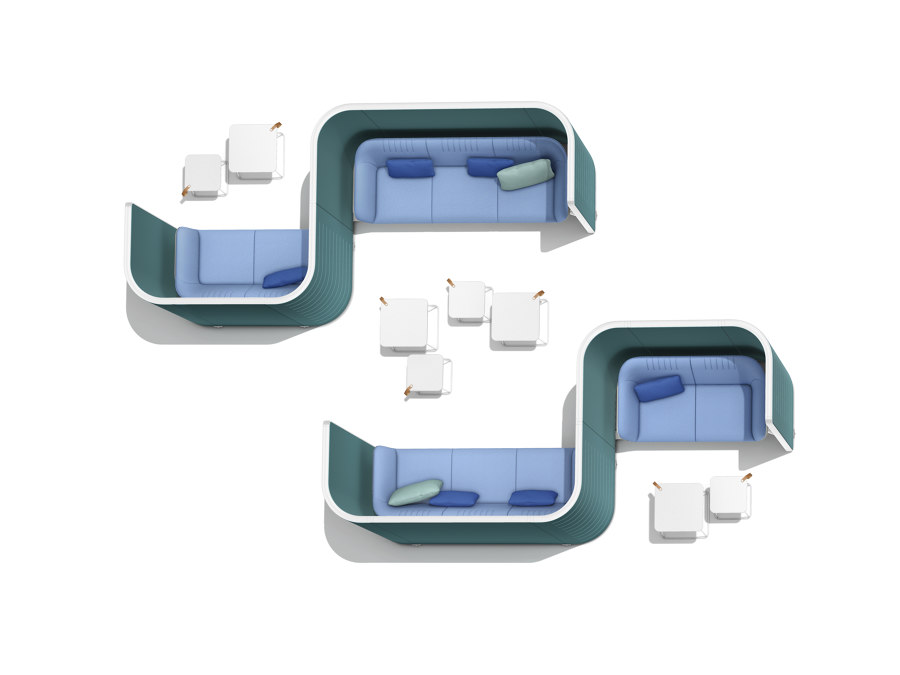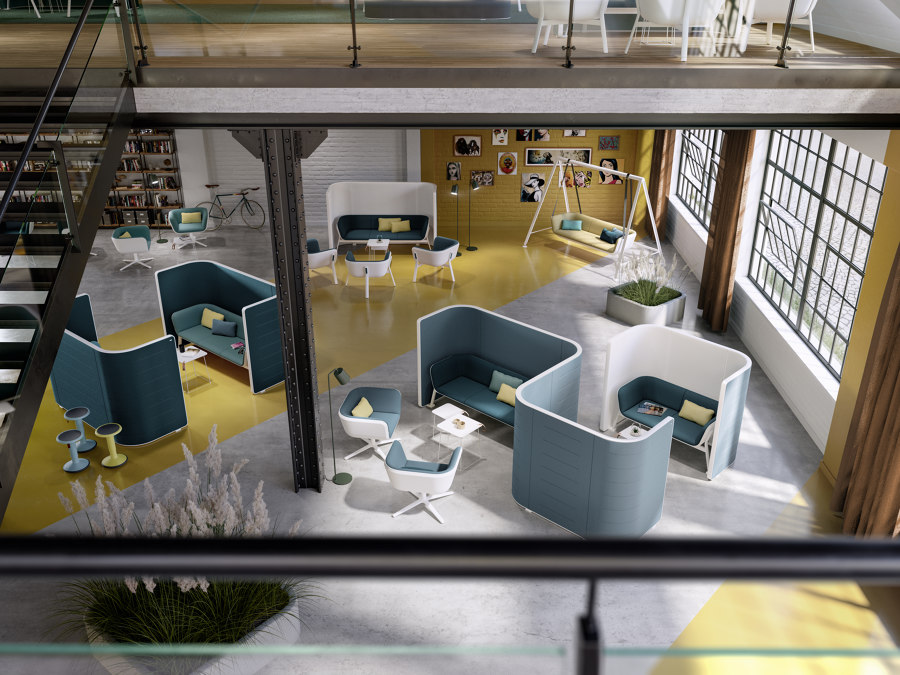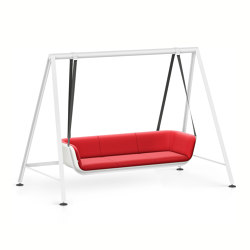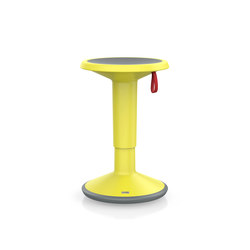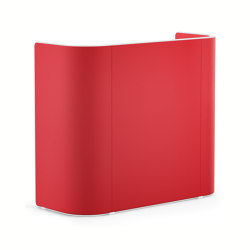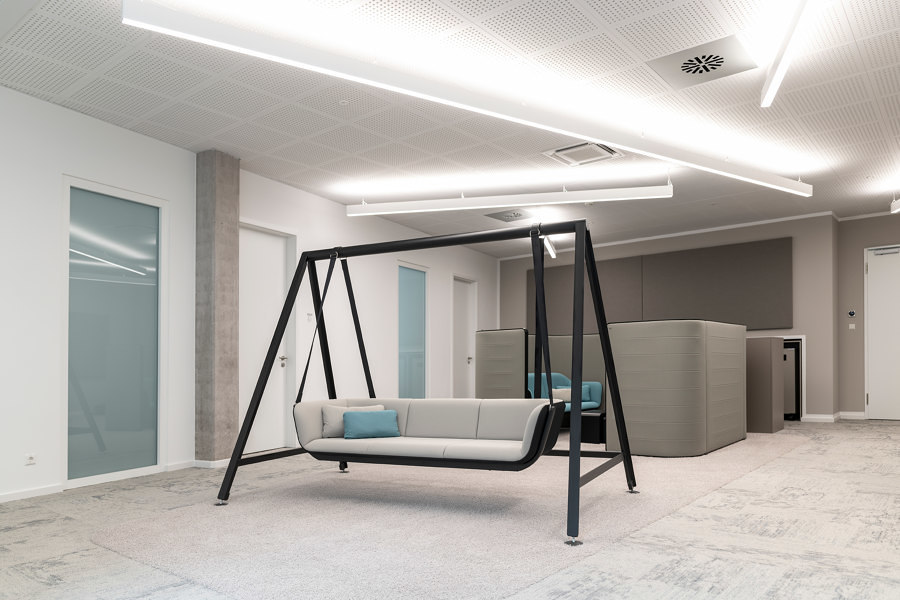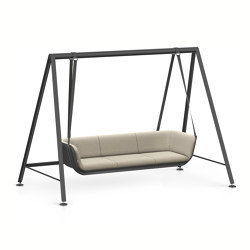No employee is the same, so why should offices be the same? A wave of flexible office furniture is giving companies and workers the freedom to change the way, and the places, they work.
Office work used to only be done one way. You’d sit at a desk all morning, then try not to fall asleep in the afternoon meeting. The modern office, however, is less ‘clock-in, clock out’ and more ‘always on’. From continent-crossing video chats to team meetings in the park, workplaces are using flexible workspaces and practices to lower costs but raise creativity, production and morale in the workforce.
Employees are now able to choose which working style does the business for them, and product manufacturers are creating simple but ingenious collections of modular, flexible furniture to suit any style and type of workspace including:
Individual desk workspace
The most traditional type of workspace for the most traditional worker. Someone who likes privacy and doesn’t like change. They want their own desk and they want it to stay in the same place. They don’t want to be disturbed by noisy neighbours and they welcome moveable partition walls like Interstuhl’s HUB screen, to protect their serenity.
Individual desk-free workspace
These are spaces for workers who are easily bored, who don’t like to be tied down to one desk or one area. They’ll flit between hot desks, sit in cafés, email from break-out space or even take residence in reception. They’ll work anywhere that’s quiet, comfortable and with a good wi-fi connection. Interstuhl’s HUB collection serves this flexible workforce with comfortable, acoustic seating and furniture, suitable for any location. And if all other areas are taken, they can always head to one of HUB’s specialist acoustic workpods.
Small meeting spaces
The bigger a meeting the more formal it feels, and employees often feel under duress to make an impact. Whereas smaller, more often and more informal meetings such as catch-ups, daily briefings or 1-2-1s are quicker, more welcoming and there’s less pressure to contribute. Regularly finding meeting rooms for informal catch-ups, however, can pose too much hassle, while commandeering canteen space or pushing a few chairs together in reception can be too loud or too public. But by simply clipping and unclipping them around the HUB sofas and armchairs, Interstuhl’s HUB curved screens give any open space a little more privacy.
Small collaborative team spaces
It can be difficult or awkward for teams of neighbouring deskmates to collaborate on projects. Focused engagement and insightful input both suffer when discussing points around distracting computer screens. The HUB collection provides multiple informal meeting zones, dotted around the office or moveable into teams’ areas. A grouping of HUB sofas, armchairs and nesting tables becomes a good place for a collective tea break, but wheel in waiting whiteboard screens or media boards and spontaneous presentations can break out.
Large meeting spaces
Company-wide meetings can be draining affairs that leave employees either day-dreaming about lunch, or sleeping it off. The information is either so general or so specific to other departments that it holds no interest. Interstuhl’s comfortable yet smart HUB club armchairs treat attendees to a pain-free posture throughout the turmoil. While other furniture like HUB benches and stools provide more flexible, non-permanent seating.
Welcoming reception spaces
First impressions are everything. A company’s reception space is as much about branding as a business card. Volksbank Albstadt, for example, used pieces from Interstuhl’s HUB collection, including the playful HUB swing, to create open, welcoming spaces at their headquarters to project their corporate values of community and transparency.
But reception space is many other things to many other people. To visiting clients, it represents the personality and prestige of the brand, it must put interviewees at ease and fill employees with pride to pass through every day. With a simple and flexible seating collection like Interstuhl’s HUB, the reception area can create a variety of seating options for anyone’s needs that day. After all, a busy and bustling entranceway transmits an image of a busy and bustling brand.
Home office spaces
A workspace that isn’t at work. Home-working ensures employees have quiet areas where they feel comfortable and won’t be disturbed, but creativity and collaboration suffer as a result. As the HUB media screens can wheel into meeting zones, wherever they happen, home workers can continue to attend meetings, no matter where they are.
Every employee is different. With flexible office furniture, companies are able to welcome those differences and make sure they work for them.
Photo credit: Interstuhl
© Architonic
